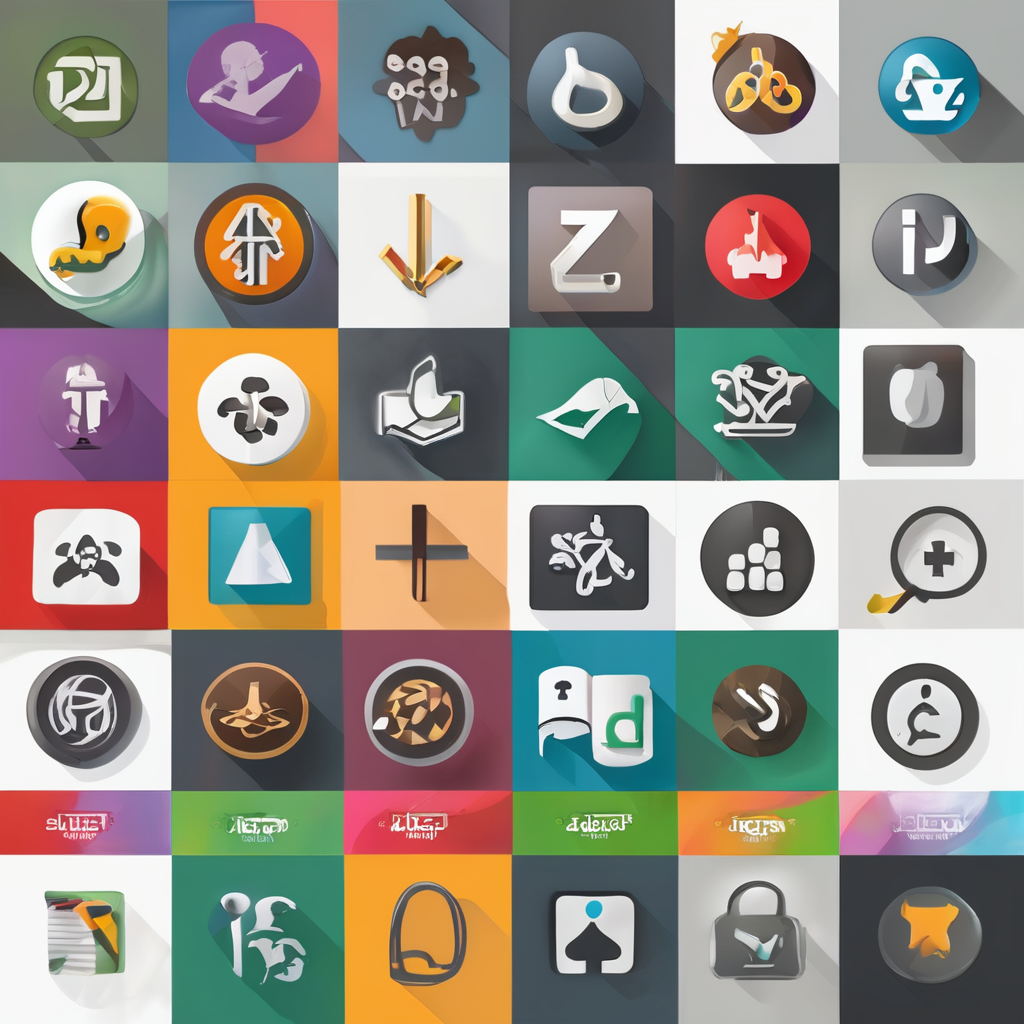Advancements in Memory Support Apps for Dementia Care
Memory challenges in dementia are complex, affecting the ability to recall familiar faces, daily tasks, and recent events. These difficulties can lead to frustration for patients and caregivers alike. To address these obstacles, innovative memory support apps have emerged as vital tools in dementia technology, aiming to enhance cognitive function through tailored digital interventions.
Recent advancements in dementia technology have produced apps that go beyond simple reminders. These tools incorporate cognitive enhancement features such as interactive memory exercises, personalized activity scheduling, and real-time prompts to support independence. For example, apps now use artificial intelligence to adapt their functions to the changing cognitive abilities of individual users, making memory support more effective over time.
Have you seen this : Explore revolutionary kombucha breakthroughs: essential health benefits unveiled
Digital tools play a crucial role by providing accessible, scalable solutions that can be integrated into daily care routines. These apps help reduce caregiver burden and improve patient engagement by offering user-friendly interfaces and customizable settings. By employing these cognitive enhancement tools, dementia care is transformed from reactive management into proactive support, allowing patients to maintain their mental faculties longer and enhancing overall quality of life.
Advancements in Memory Support Apps for Dementia Care
Memory challenges in dementia often involve progressive difficulty with retaining new information and recalling familiar experiences, which can hinder communication and daily functioning. To tackle these issues, innovative memory support apps use a combination of interactive exercises, reminders, and adaptive interfaces, all tailored based on real-time user feedback. This level of personalization marks a significant shift in how dementia technology addresses cognitive decline.
Additional reading : Transforming thyroid wellness: discover the life-altering impact of a gluten-free diet on autoimmune conditions
These apps leverage cognitive enhancement tools such as spaced repetition techniques and gamified memory tasks to stimulate neural pathways, aiming to slow deterioration. Additionally, integration with wearable devices and voice-activated assistants allows seamless prompts and cues, reducing dependence on caregivers. Through continuous monitoring, these digital solutions adjust their complexity to match the user’s current ability, which helps maintain engagement and efficacy.
Crucially, the role of digital tools extends beyond mere memory aids; they foster a sense of autonomy and confidence in dementia care. By combining evidence-based cognitive practices with user-friendly technology, these advancements not only support memory but also encourage routine establishment and emotional well-being, making them indispensable in modern dementia management.
Standout Features of Leading Memory Support Apps
Memory support apps in dementia technology have evolved significantly, now offering features that directly respond to the unique needs of users at various stages of cognitive decline. The best memory apps for dementia prioritize user customization, allowing caregivers and patients to tailor reminders, cognitive tasks, and alerts according to individual routines and abilities. This customization ensures the app remains relevant and supportive as dementia progresses.
Accessibility is another crucial feature. Leading apps incorporate voice commands, large, clear graphics, and simple navigation to suit users with declining motor skills or vision challenges. These design choices help reduce frustration and encourage consistent app interaction. Furthermore, many apps integrate multilingual support to accommodate diverse user backgrounds, broadening their usability.
Security and privacy measures are fundamental in these apps, given the sensitive nature of health-related data. Encryption protocols and strict data access controls protect patient information, reassuring users of confidentiality. Developers also comply with healthcare regulations, enhancing trust in digital memory support tools.
In summary, standout memory support apps combine innovative dementia technology with features such as:
- Flexible, adaptive settings for personalized cognitive support
- Intuitive design to facilitate accessibility
- Robust security frameworks protecting user data
These elements collectively elevate the efficacy and user experience of memory support tools, marking a significant advancement in dementia care.
Advancements in Memory Support Apps for Dementia Care
Dementia presents significant memory challenges, including difficulty recalling recent events, recognizing familiar faces, and managing daily tasks. These impairments disrupt communication and independence, making daily life increasingly complex for patients and caregivers. Innovative memory support apps are designed to address these challenges by harnessing advances in dementia technology to create personalized care solutions.
A key breakthrough lies in the integration of cognitive enhancement tools within these apps. Techniques such as spaced repetition and interactive memory games stimulate neural activity, aiming to maintain or even improve cognitive function. Unlike conventional reminders, these tools adapt to the user’s evolving abilities through artificial intelligence, ensuring that exercises remain appropriately challenging and engaging.
Furthermore, these digital tools extend their utility by incorporating real-time feedback and adaptive scheduling. This flexibility helps users establish consistent routines, supports task completion, and reduces reliance on caregivers. The seamless interaction between user input and app responsiveness exemplifies how dementia technology is moving toward proactive, user-centered care. In summary, the continuous evolution of innovative memory support apps and cognitive enhancement tools offers promising avenues to improve quality of life and cognitive resilience in dementia care.
Advancements in Memory Support Apps for Dementia Care
Memory loss and cognitive decline in dementia involve complex challenges, such as difficulty recalling recent events, recognizing loved ones, and managing everyday tasks. These obstacles can severely impact an individual’s independence and quality of life. To address these issues, innovative memory support apps have leveraged breakthroughs in dementia technology to provide more than basic reminders.
Current advancements emphasize the integration of cognitive enhancement tools that actively stimulate brain function. By incorporating elements like spaced repetition and interactive memory exercises, these apps promote neural engagement aimed at slowing cognitive deterioration. Unlike static alerts, these tools intelligently adapt their difficulty based on real-time user responses, thanks to artificial intelligence algorithms.
Moreover, these digital solutions extend their utility by delivering personalized prompts and customizable activity plans that fit the user’s unique needs. They encourage the establishment of daily routines and foster autonomy by reducing dependency on caregivers. Through continuous feedback loops, these apps evolve alongside the user’s changing abilities, embodying a proactive approach within dementia care technology.
In essence, the convergence of innovative memory support apps, sophisticated dementia technology, and adaptive cognitive enhancement tools marks a significant stride forward in addressing the multifaceted memory challenges faced by dementia patients. This synergy enhances user engagement, supports cognitive function, and ultimately contributes to improved patient well-being.
Advancements in Memory Support Apps for Dementia Care
Dementia patients face significant memory challenges, including difficulty recalling recent events, recognizing familiar people, and managing everyday tasks. These impairments often cause frustration and increased dependence, underscoring the need for effective support solutions. Innovative memory support apps have emerged as vital tools that address these issues through the latest developments in dementia technology.
These advanced apps integrate cognitive enhancement tools that go beyond static reminders. For example, they employ adaptive learning techniques like spaced repetition, designed to strengthen memory consolidation by presenting information at optimal intervals. This leads to improved retention without overwhelming users. Moreover, interactive exercises stimulate brain activity, helping to slow cognitive decline by maintaining neural engagement.
The role of digital tools in dementia care is transformative. Modern apps use artificial intelligence to personalize content dynamically, adjusting task difficulty based on user performance and feedback. This not only sustains user motivation but ensures that interventions remain relevant as cognitive abilities evolve. Additionally, seamless integration with everyday devices enables timely prompts and support, which promotes autonomy and reduces caregiver strain.
In essence, these innovative memory support apps harness cutting-edge dementia technology and cognitive enhancement tools to provide tailored, proactive care. By delivering customized exercises and intelligent reminders, digital tools help dementia patients maintain function and independence longer, redefining memory support in modern healthcare.



